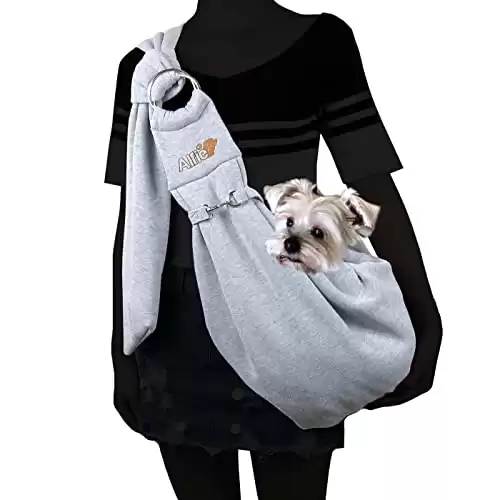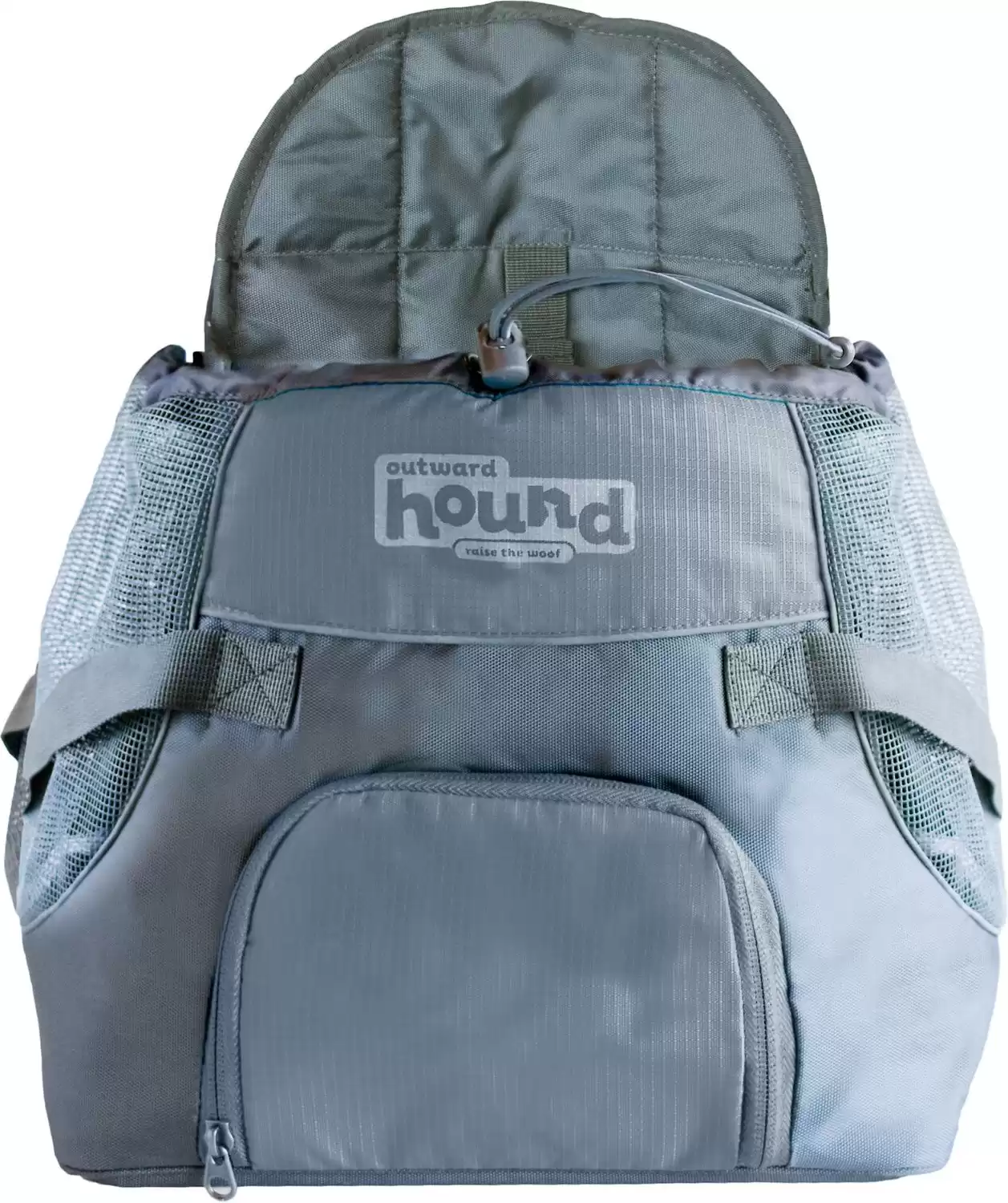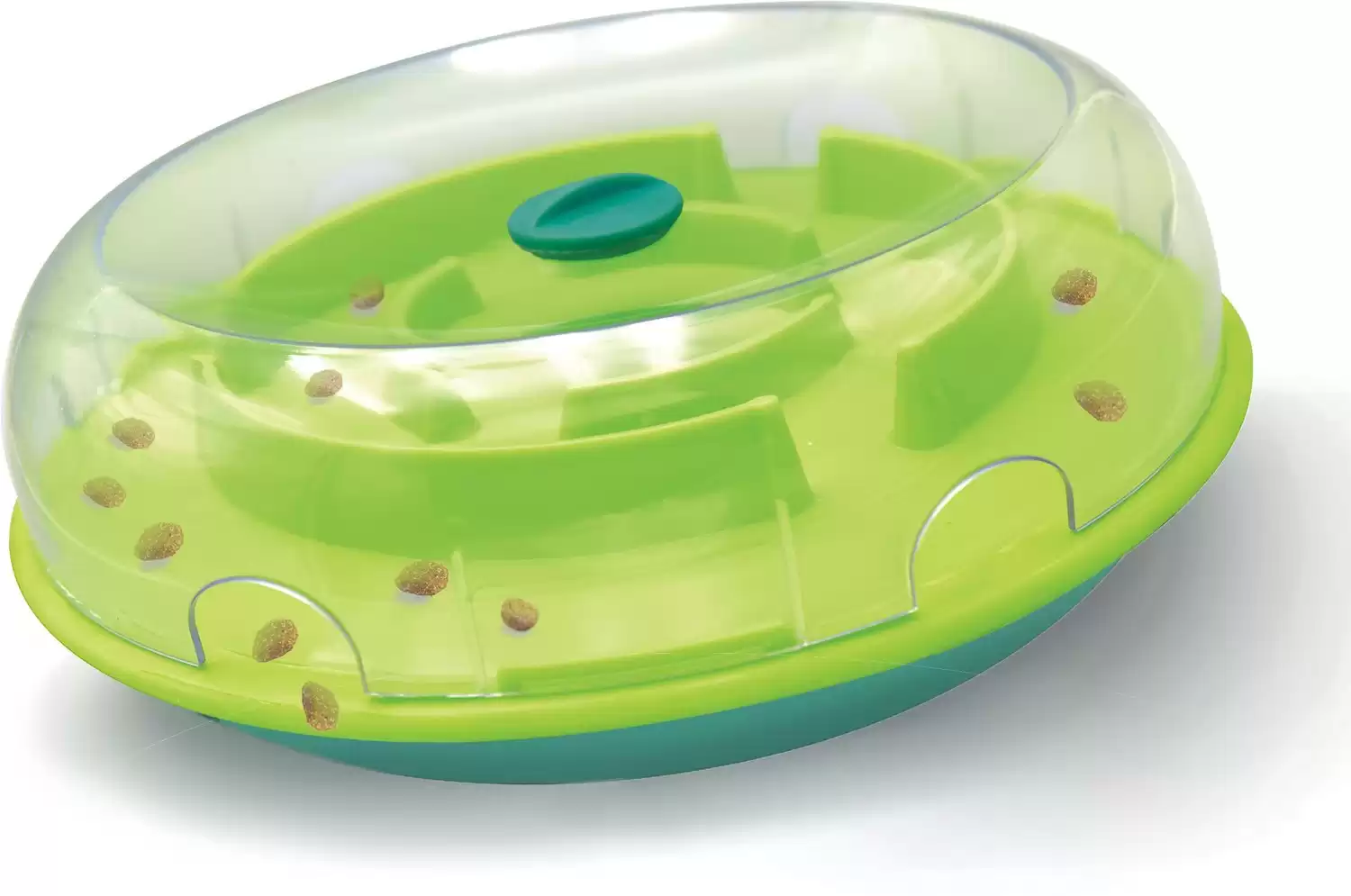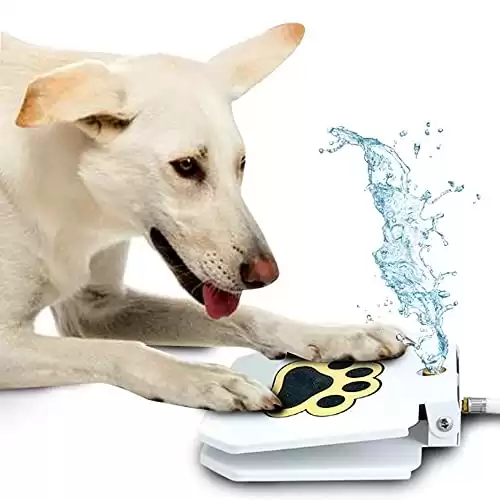Kennel cough is an infectious disease that affects dogs. Although it is usually not serious, it can be worrying for many dog owners. More importantly, it is not just caught in kennels! There are plenty of other ways that your four-legged friend could pick up this disease. So, let’s take a closer look at this condition and give you some tips on how you can spot it, what to do if your dog has it, and how to prevent it.
What is Kennel Cough?
Kennel cough is an infection. Its medical name is canine infectious tracheobronchitis. It affects the tubes leading to the lungs and is a little like bronchitis in humans in that it causes inflammation. The name ‘Kennel Cough’ was appropriate because it used to be associated with kennels where there were a lot of dogs housed together. However, these days it is found in dogs that have not been anywhere near a kennel!
There is no single germ that causes Kennel Cough. Even though it is commonly caused by a bacteria called Bordetella bronchiseptica it can also be caused by canine adenovirus type 2, canine parainfluenza virus, canine respiratory coronavirus, and mycoplasmas.
In some cases of Kennel Cough, there is a mixture of viruses and bacteria that are all infecting the dog’s respiratory tract at the same time! Pathogens are opportunists. When a dog’s body is weakened by one pathogen, it is very common for others to join in and cause even more damage.
6 Ways Your Dog Can Get Kennel Cough
Kennel cough spreads from one dog to another dog. So, if your dog has developed Kennel Cough, they got it from another dog. So, how does this happen?
An infected dog has the pathogen (bacteria or virus) in its nose and mouth. Every time they cough or sneeze, they release droplets of saliva and mucus into the air. Any other dog around them breathes this in and the infection sets up in their windpipe (trachea) and voice box (larynx). This may sound disgusting, but it is exactly the same as we humans pass the common cold and COVID-19 to each other.
Here are the main 6 ways a dog can get Kennel Cough:
- Direct contact with an infected dog. If your dog has been playing with or staying in the same house as a dog with Kennel Cough this is one way in which they can get it.
- Staying in crowded conditions. Any indoor environment that is not well-ventilated and that has a lot of dogs in is ideal for the spread of Kennel Cough. These conditions are typical in rescue centers and some boarding kennels.
- Socializing with lots of dogs. Does your dog attend doggy daycare? Do you go to puppy training classes or agility clubs? Any environment where there are a lot of dogs presents a higher risk of Kennel Cough being spread.
- Cold temperatures. Dogs exposed to cold temperatures are more likely to get Kennel Cough. This may be because the germs that cause it, survive for longer in the environment when it is cooler and have more chance to be picked up by another dog. Or, the cooler air may make your dog’s respiratory system less able to fight the germs off.
- Dust and cigarette smoke. These affect the respiratory system of both humans and dogs and make them more susceptible to infections.
- Stress. Stress in dogs affects how the immune system functions. Stressed dogs cannot fight off diseases so well.
Signs and Symptoms of Kennel Cough
Between three and 10 days after picking up the infection, your dog will start to show signs of illness. The classic symptom of Kennel Cough is unsurprisingly…a cough! It is a very distinctive dry and spasmodic cough that sounds like a goose honking! After a fit of coughing, dogs often retch and may cough up a foamy liquid.
You may also notice some other symptoms which include:
- Sneezing and a runny nose
- Lethargy
- Slight fever
- Not wanting to eat
- Eye discharge
Diagnosing Kennel Cough
Your vet will usually be able to diagnose Kennel Cough by asking you about your dog’s symptoms and carrying out a physical examination. Your vet may make your dog cough by massaging their windpipe and then listen out for the distinctive sound.
If there are any signs that your dog is seriously ill, such as abnormal lung sounds, they may need a chest x-ray and/or blood tests.
Treatment of Kennel Cough
Even though Kennel Cough is not usually serious for most dogs, it is wise to see your vet about it because these symptoms can also be a sign of influenza, distemper, heart disease, asthma, or even a collapsing trachea. Kennel Cough is highly contagious so keep your dog away from other dogs before you get to see your vet and then follow their advice.
There are several treatment approaches, and your vet will choose the most appropriate for your particular dog. They may need no treatment at all and you will simply be advised to keep them away from other dogs for around two weeks.
Other dogs will need anti-inflammatories to calm down the inflammation in their respiratory system. Antibiotics may be prescribed to fight bacterial infections and your dog may be given a cough suppressant.
Never attempt to treat your dog yourself using human medication as this can be very dangerous for your dog.
Most dogs get better in around three weeks but this can take longer for severe infections. The dogs that struggle most to recover from Kennel Cough are very young dogs, senior dogs, and those with other health conditions. Some canines go on to develop serious chest infections or pneumonia so if their health deteriorates contact your vet immediately.
Caring for a Dog With Kennel Cough
Whilst your dog is recovering from Kennel Cough and receiving treatment from your vet, there are a few things that you can do to support them at home.
- Switch to a harness. A collar and leash can cause further irritation of your dog’s trachea and trigger a coughing fit. Using a harness or carrying them around in a dog sling may be a better idea.
- Soft, comfortable, and attractive
- Adjustable shoulder strap
- Suitable for dogs and puppies up to 12 pounds
- Hands-free design
- Keep them occupied. Whilst your dog cannot go on walks in parks near other dogs, why not take them for a spin on your bicycle or motorcycle using a motorcycle carrier. It will break up the day for them.
- Made from weather-resistant fabric
- Features an internal safety clip
- Has mesh for ventilation
- Frontward-facing
- Make sure they rest. You could use some interactive toys to keep them quiet for a while. Try playing some soothing music too. Running around is not a good idea!
- One of the beginner options
- Perfect for a pup that has a ton of energy
- A great feeder for dogs that tend to eat too quickly
- Has a clear lid, so dog can see the treats
- Keep them hydrated. It is important that your dog gets enough fluids so you may want to encourage them to drink with a water fountain.
•Easy use step-on fountain
•No clean up required
•Outdoor water fountain
•Y connector for hose usage
- Coax them to eat. Not all dogs like dry food when they are feeling ill so you may want to use some freeze-dried food or wet food as a topper to encourage them to eat.
- Contains wild Alaskan salmon
- BPA-free
- No overwhelming smell of fish
- Contains non-GMO fruits and vegetables
- Avoid smoking. Smoke can irritate your dog’s chest so try not to smoke in the same room as them.
- Avoid chemical sprays. Household cleaners and fragrances can irritate a dog’s lungs so try to avoid using these near your dog.
Summary of The 6 Ways Dogs Get It, Signs and Symptoms, and How to Treat It
| Number | Ways Dogs Get Kennel Cough | Signs and Symptoms | How to Treat It |
|---|---|---|---|
| 1 | Direct contact with an infected dog | Sneezing and a runny nose | Switch to a Harness |
| 2 | Staying in Crowded Situations | Lethargy | Keep them Occupied |
| 3 | Socializing with lots of dogs | Slight Fever | Make sure they rest |
| 4 | Cold Temperatures | Runny Nose | Keep them hydrated & nourished |
| 5 | Dust and cigarette smoke | Eye discharge | Avoid Smoking |
| 6 | Stress | Avoid Chemical Sprays |
How Contagious is Kennel Cough to Humans?
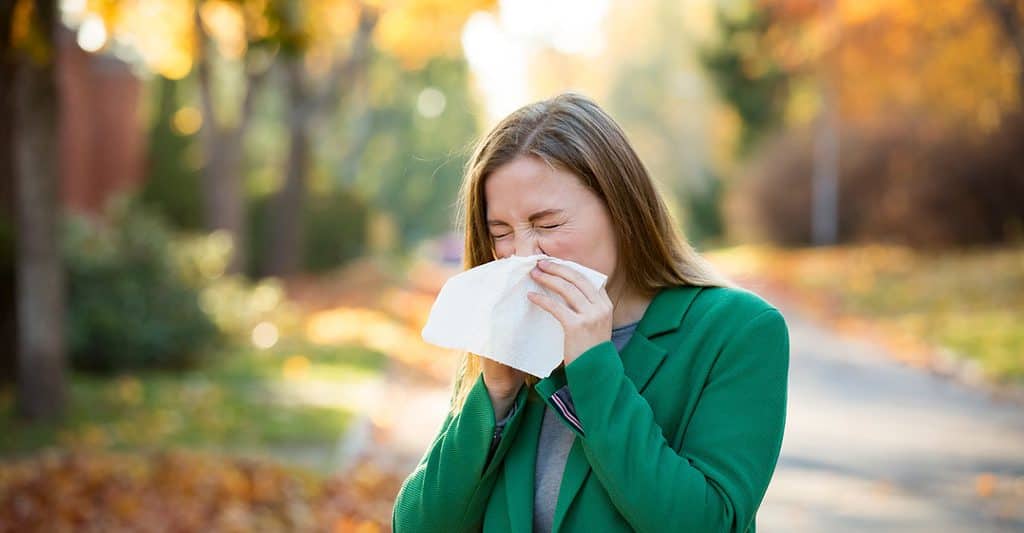
The bacteria that causes kennel cough is
Bordetella bronchiseptica, which research has shown is closely related to the bacteria,
Bordetella pertussis, which causes whooping cough in humans
.©iStock.com/Suzi Media Production
Kennel cough, also known as infectious tracheobronchitis, can be transmitted from canines to humans, although it is extremely rare. The symptoms you may exhibit are sore throat, persistent cough, difficulty swallowing, shortness of breath, fever, and other respiratory symptoms. The bacteria that causes kennel cough is Bordetella bronchiseptica, which research has shown is closely related to the bacteria, Bordetella pertussis, which causes whooping cough in humans.
Although kennel cough typically only affects dogs, other animals are able to develop this disease, and while it may be thought to be extremely rare, humans with immunocompromised systems are at a higher risk and stand more of a chance of contracting it.
The photo featured at the top of this post is © Daria Lixovetckay/Shutterstock.com
Ready to discover the top 10 cutest dog breeds in the entire world?
How about the fastest dogs, the largest dogs and those that are -- quite frankly -- just the kindest dogs on the planet? Each day, AZ Animals sends out lists just like this to our thousands of email subscribers. And the best part? It's FREE. Join today by entering your email below.
FAQs (Frequently Asked Questions)
Can I stop my dog getting Kennel Cough?
There are some Kennel Cough vaccines but they are not 100% effective because there are so many different germs that could cause it. Some vaccines are injected, some are given by mouth and others are squirted up the nose. Your dog will normally be vaccinated every year but if they are at high risk, they may be offered it every six months.
Is Kennel Cough dangerous for some dogs?
Most dogs will recover from Kennel Cough in a few weeks. However, it can be more serious in pups because their immune system is not developed. In Senior dogs, their immune system may have started to fail and this puts them more at risk. There are special diets that boost the immunity of older dogs. Pregnant dogs and those with existing medical issues (e.g. chronic bronchitis) are also at the greatest risk of developing serious disease.
Thank you for reading! Have some feedback for us? Contact the AZ Animals editorial team.



